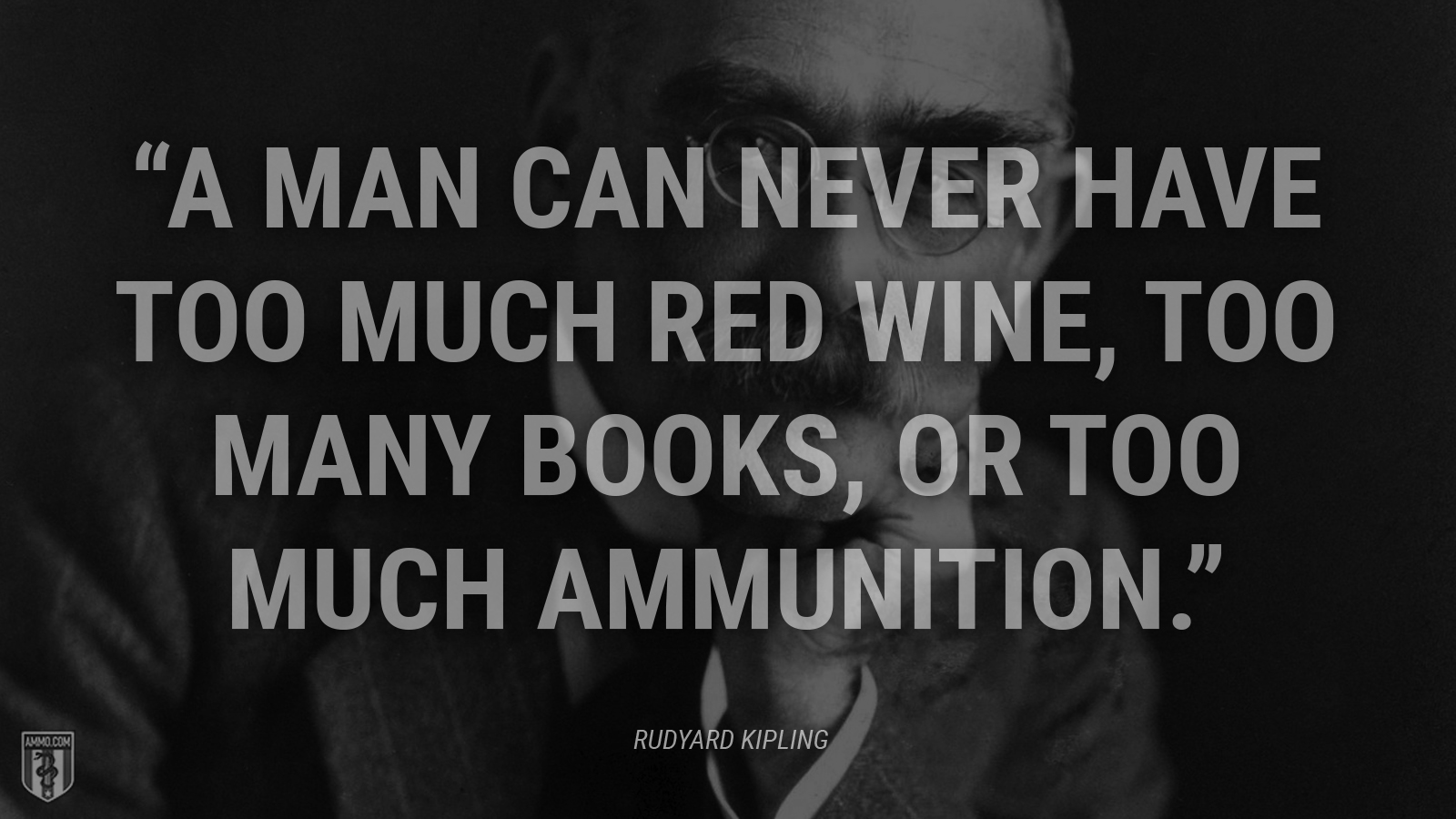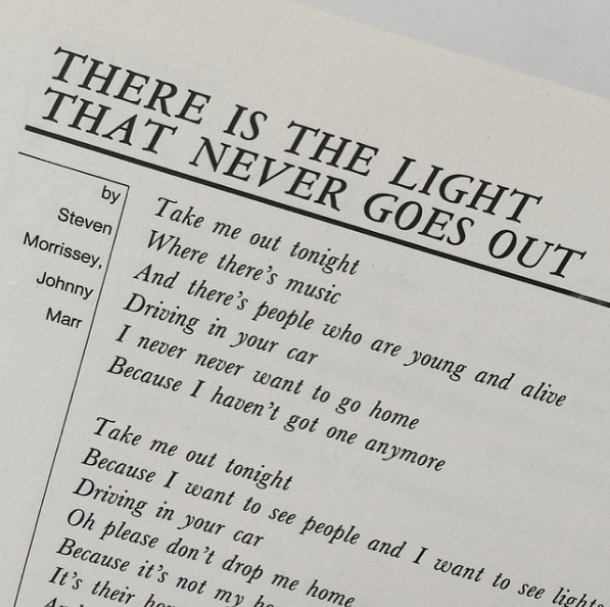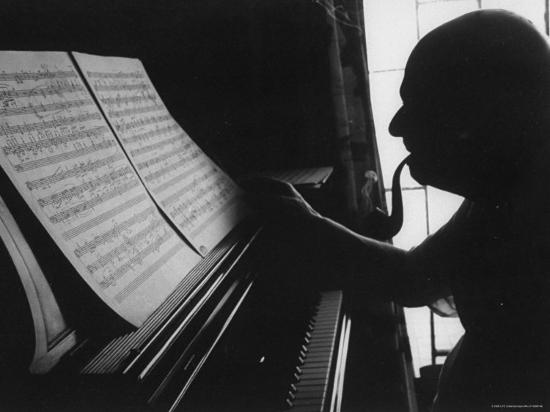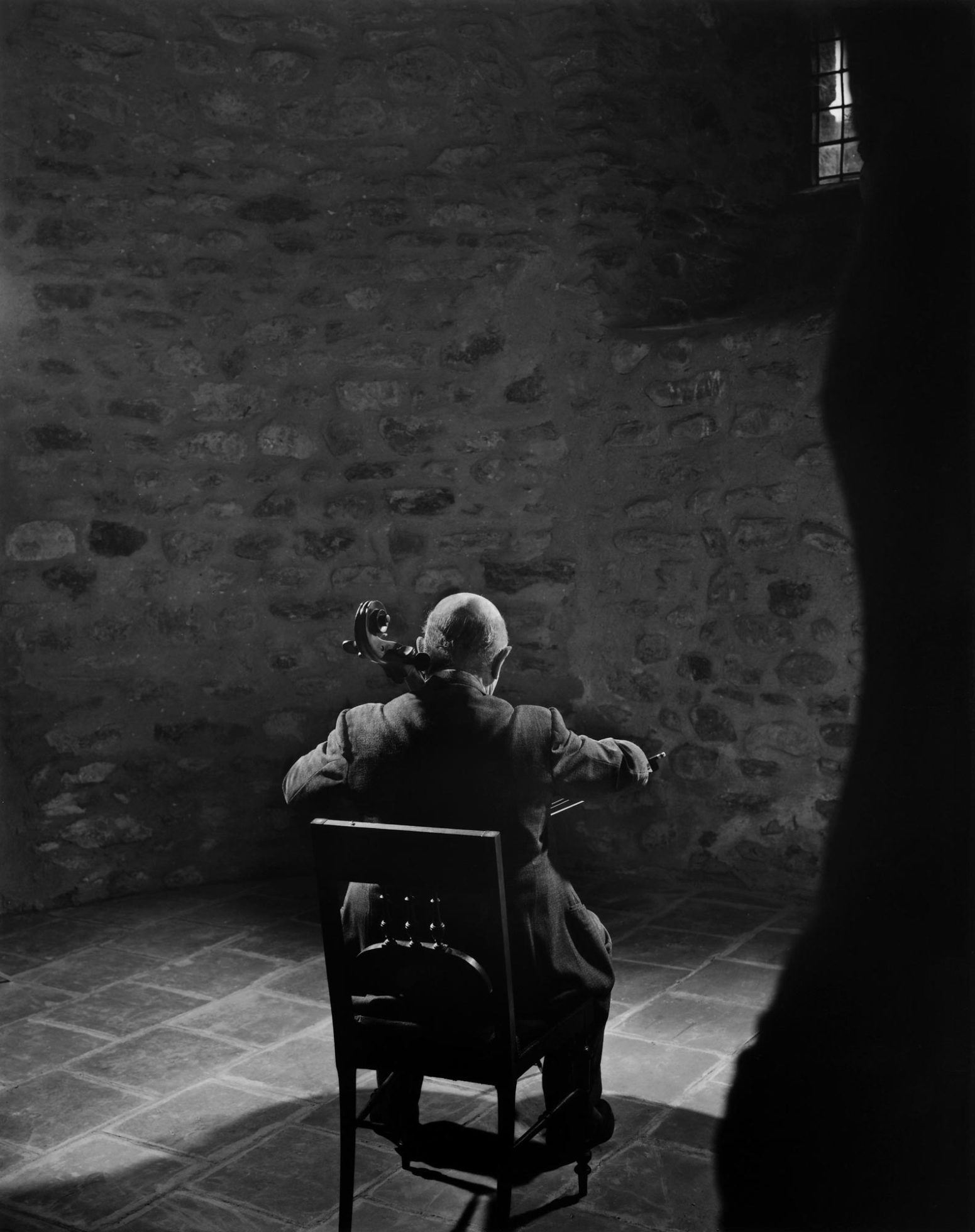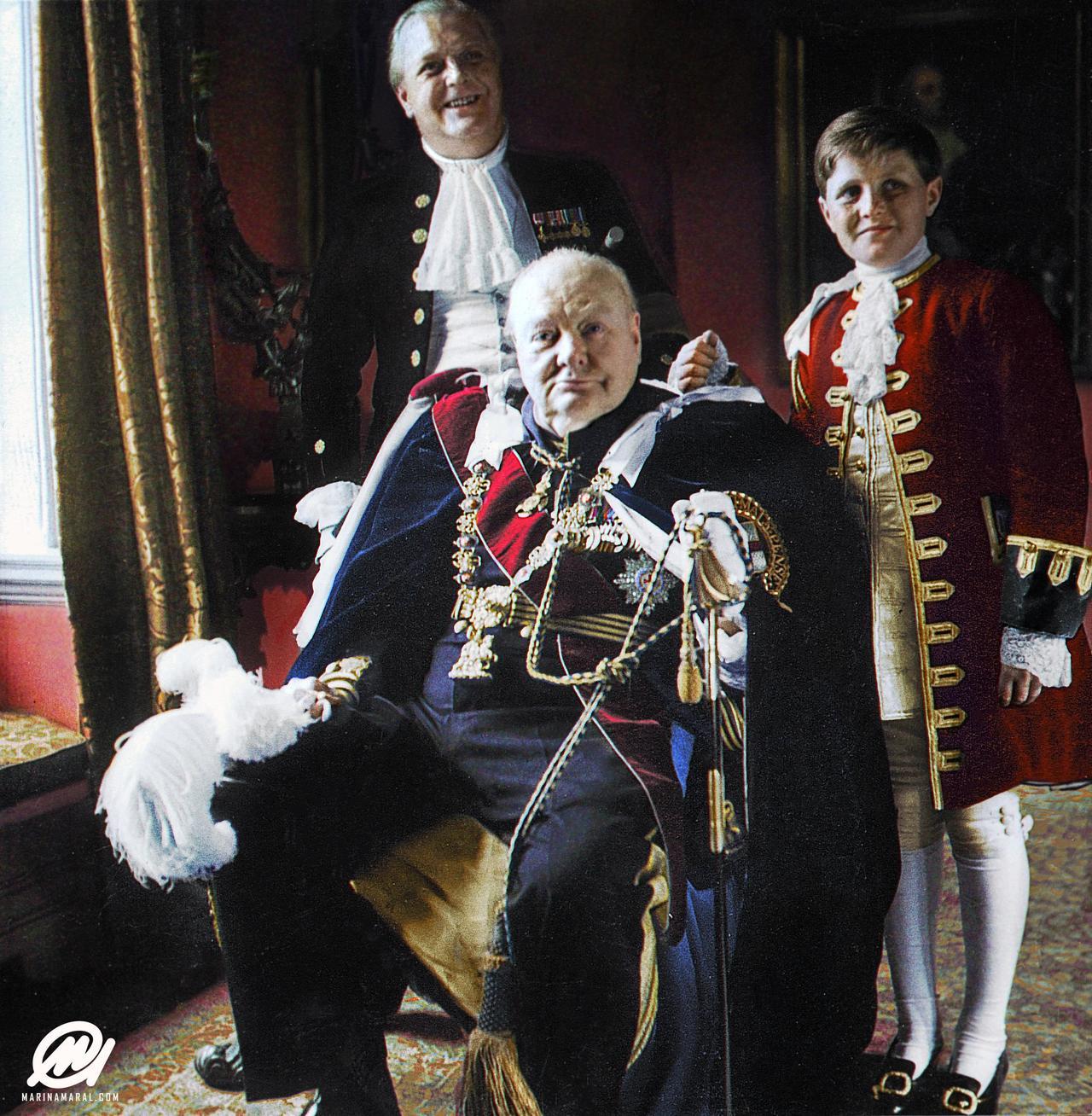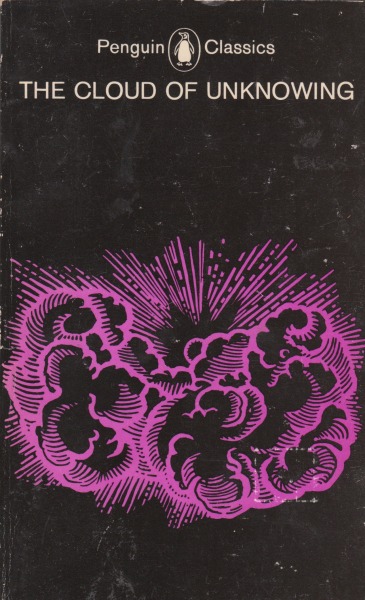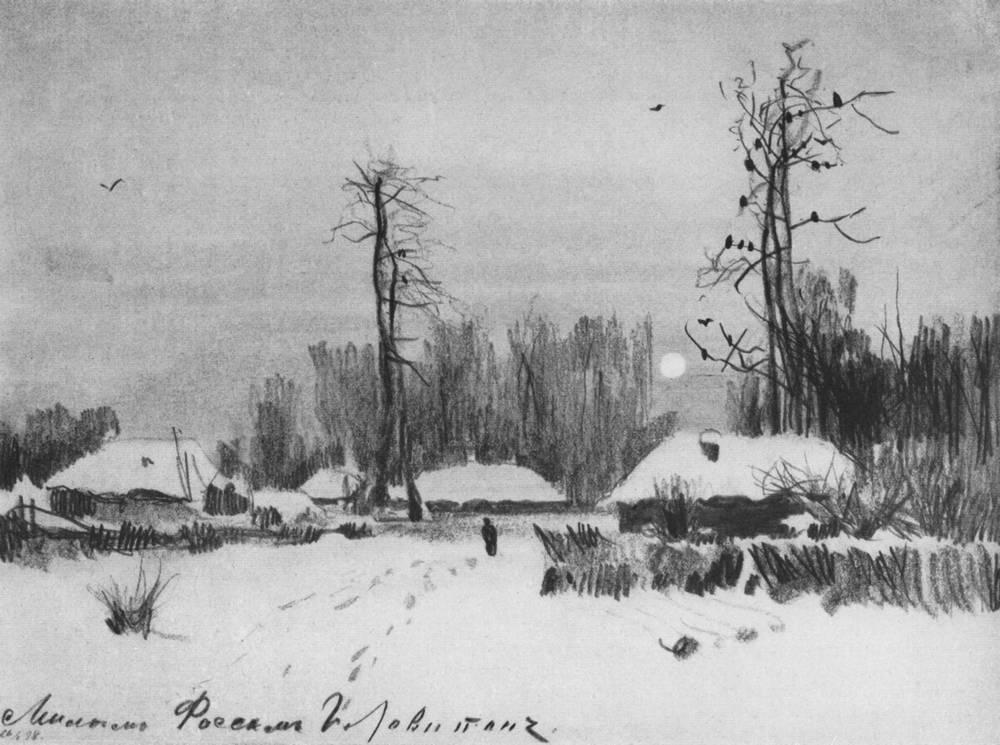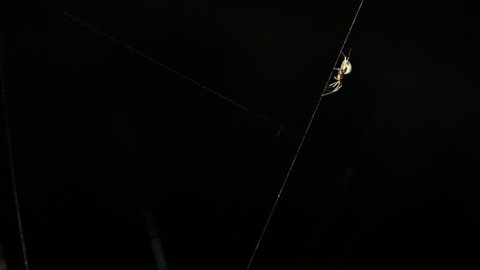Featuring Kiri Te Kanawa, Plácido Domingo conducts Royal Opera House Orchestra and Chorus ,,,
31 December 2019
Ring.
Ring out, wild bells, to the wild sky,
The flying cloud, the frosty light:
The year is dying in the night;
Ring out, wild bells, and let him die.
Ring out the old, ring in the new,
Ring, happy bells, across the snow:
The year is going, let him go;
Ring out the false, ring in the true.
Ring out the grief that saps the mind
For those that here we see no more;
Ring out the feud of rich and poor,
Ring in redress to all mankind.
Ring out a slowly dying cause,
And ancient forms of party strife;
Ring in the nobler modes of life,
With sweeter manners, purer laws.
Ring out the want, the care, the sin,
The faithless coldness of the times;
Ring out, ring out my mournful rhymes
But ring the fuller minstrel in.
Ring out false pride in place and blood,
The civic slander and the spite;
Ring in the love of truth and right,
Ring in the common love of good.
Ring out old shapes of foul disease;
Ring out the narrowing lust of gold;
Ring out the thousand wars of old,
Ring in the thousand years of peace.
Ring in the valiant man and free,
The larger heart, the kindlier hand;
Ring out the darkness of the land,
Ring in the Christ that is to be.
Alfred, Lord Tennyson
Protecting.
@LindseyGraham: This is your moment to convince the American people the US-Iraq relationship is meaningful to you and worth protecting.
Protect our American personnel. You will not regret it.
@realDonaldTrump: Heading back to The Southern White House (Mar-a-Lago!).
Dwight D. Eisenhower: The supreme quality for leadership is unquestionably integrity. Without it, no real success is possible, no matter whether it is on a section gang, a football field, in an army, or in an office ... (or on a golf course - Ed.).
Everything.
He went to the church, and walked about the streets, and watched the people hurrying to and for, and patted the children on the head, and questioned beggars, and looked down into the kitchens of homes, and up to the windows, and found that everything could yield him pleasure. He had never dreamed of any walk, that anything, could give him so much happiness.
Charles Dickens, from A Christmas Carol
Value.
An intimate account of the relationship between young composer and pianist Kit Armstrong and the world renowned Alfred Brendel, Set the Piano Stool on Fire captures both the creative process and champions the value of teaching and collaboration and features the only filmed footage of Brendel during his farewell tour ...
30 December 2019
Vanished.
I thought the earth remembered me, she
took me back so tenderly, arranging
her dark skirts, her pockets
full of lichens and seeds. I slept
as never before, a stone
on the riverbed, nothing
between me and the white fire of the stars
but my thoughts, and they floated
light as moths among the branches
of the perfect trees. All night
I heard the small kingdoms breathing
around me, the insects, and the birds
who do their work in the darkness. All night
I rose and fell, as if in water, grappling
with a luminous doom. By morning
I had vanished at least a dozen times
into something better.
Mary Oliver
Auftragstaktik.
All of this is well known to modern military historians and leaders: John Nelson makes an excellent case for its ongoing utility, and the excellent suggestion has also been made that its principles of decentralization, adaptability, independence, and lack of paperwork would probably be useful in reforming non-military bureaucracy. It has already been used and advocated in business, and its allowance for creativity, innovation, and reactiveness to ongoing complications gives new companies an advantage over ossified and bureaucratic ones (I am reminded of the last chapter of Parkinson’s Law, which roughly states that once an organization has purpose-built rather than adapted buildings it has become useless). However, I want to throw in my two cents by examining pre-Prussian applications of Auftragstaktik, in part to show that the advantages of decentralization are not limited to certain contexts, and in part because they give valuable insight into the impact of social structures on military ability and vice versa.
CONNECT
An army survives and grows, physically, intellectually and spiritually through its risk-takers. I do not here support the breaking of regulations, or the placing of soldiers in training under unnecessary, or unjustifiable, risk. We have, however, lost our capacity to seek the edge of the allowed envelope. Take, for example, the infantry. I have met over the years many of my own peers who avoid anything to do with field firing, the live fire training of soldiers in tactical scenarios. They achieve this by allowing their own skills to degrade and permitting the willing and capable few to always step in. Field firing ‘by the book’ is not dangerous; it can be the best training a soldier will experience. These officers avoid the challenge not because of the risk to the soldiers, but because of the perceived risk to their own careers if something goes wrong. Risk-takers challenge the comfortable warmth of the status quo; they are willing to trade their potential within the hierarchy for accepting a degree of responsibility the bureaucracy has decided to find distasteful. Even legitimate risk-takers disturb the hierarchy because they refuse to "stay in the box." And there’s no risk-taking, or Auftragstaktik, in the box.
CONNECT
New.
Winston Churchill
Studying.
“Sitting on sand dunes, I pulled out books I carried in my rucksack that revealed how others had handled desert warfare,” he adds. “Using a technique I had found in my reading, I intended to gather information that bypassed normal reporting channels by means of ‘focused telescopes.’ I copied this from Frederick the Great, Wellington, and Rommel, among others.”
CONNECT
General Mattis' reading list is HERE.
Mozart, Clarinet Concerto in A major, K.622
Arngunnur Árnadóttir performs with the Iceland Symphony Orchestra, good ol' "Yukon" Cornelius Meister, conductor ...
Top.
General Jim Mattis, from Call Sign Chaos: Learning to Lead
Happy Birthday, Kipling
Rudyard Kipling was born on this date in 1865.
IF
If you can keep your head when all about you
Are losing theirs and blaming it on you,
If you can trust yourself when all men doubt you,
But make allowance for their doubting too;
If you can wait and not be tired by waiting,
Or being lied about, don't deal in lies,
Or being hated, don't give way to hating,
And yet don't look too good, nor talk too wise
If you can dream - and not make dreams your master;
If you can think - and not make thoughts your aim;
If you can meet with Triumph and Disaster
And treat those two impostors just the same;
If you can bear to hear the truth you've spoken
Twisted by knaves to make a trap for fools,
Or watch the things you gave your life to, broken,
And stoop and build 'em up with worn-out tools
If you can make one heap of all your winnings
And risk it on one turn of pitch-and-toss,
And lose, and start again at your beginnings
And never breathe a word about your loss;
If you can force your heart and nerve and sinew
To serve your turn long after they are gone,
And so hold on when there is nothing in you
Except the will which says to them: 'Hold on!'
If you can talk with crowds and keep your virtue,
Or walk with Kings - nor lose the common touch,
If neither foes nor loving friends can hurt you,
If all men count with you, but none too much;
If you can fill the unforgiving minute
With sixty seconds' worth of distance run,
Yours is the Earth and everything that's in it,
And - which is more - you'll be a Man, my son!
Rudyard Kipling
29 December 2019
Recognition.
The case for individual freedom rests largely upon the recognition of the inevitable and universal ignorance of all of us concerning a great many of the factors on which the achievements of our ends and welfare depend.
Frederick Hayek
Thank you, Kurt.
Wagner, Wesendonck-Lieder
Anna-Caterina Antonacci performs with the Rotterdam Philharmonic Orchestra, directed by Yannick Nézet-Séguin ...
Language.
Stephen Fry "bubbles and froths and slobbers and creams with joy at language" ...
Thank you to The Happy Curmudgeon.
Thank you to The Happy Curmudgeon.
Aspire.
Step one? Don't lend books.
"I never lend a book. To lend a book is to tempt the reader with theft. Books are seldom returned," Manguel says.
"If I want somebody to read a book I would buy the book for that person and give it to that person.
"I believe in Polonius's advice to his son — I've got [Shakespeare's Hamlet] in my library: 'Neither borrower nor lender be'.
Step two: follow your nose.
Manguel says his collection reflects his "cornucopia of interests".
He has thousands of detective novels, but very few spy stories, more Plato than Aristotle, the complete works of Zola, hardly any Maupassant, all of John Hawkes and Cynthia Ozick, but few authors on the New York Times bestseller list.
"I don't feel forced to own any book. I don't feel forced to read something because I'm told it's a classic or because I hear that it's on the bestseller list," he says.
And he rubbishes the notion that you shouldn't judge a book on its cover.
"I let myself be guided by my taste. I'm interested in the title or the cover of a book, or something I've heard about the author," he says.
"I bought a book that I loved that has this irresistible title: Dostoevsky Reads Hegel in Siberia and Bursts into Tears.
"How can you not read a book with that title?"
CONNECT
Reborn.
For the past eighty years I have started each day in the same manner. It is not a mechanical routine but something essential to my daily life. I go to the piano, and I play two preludes and fugues of Bach. I cannot think of doing otherwise. It is a sort of benediction on the house. But that is not its only meaning for me. It is a rediscovery of the world of which I have the joy of being a part. It fills me with awareness of the wonder of life, with a feeling of the incredible marvel of being a human being. The music is never the same for me, never. Each day is something new, fantastic, unbelievable.
Pablo Casals
Happy Birthday, Casals
Each second we live is a new and unique moment of the universe, a moment that will never be again And what do we teach our children? We teach them that two and two make four, and that Paris is the capital of France. When will we also teach them what they are? We should say to each of them: Do you know what you are? You are a marvel. You are unique. In all the years that have passed, there has never been another child like you. Your legs, your arms, your clever fingers, the way you move. You may become a Shakespeare, a Michelangelo, a Beethoven. You have the capacity for anything. Yes, you are a marvel. And when you grow up, can you then harm another who is, like you, a marvel? You must work, we must all work, to make the world worthy of its children.
Pablo Casals
Casals performs Bach's Cello Suite No.1 in G major, BWV 1007 ...
Important.
Theodore Roosevelt, Kansas City Star, May 7, 1918
28 December 2019
27 December 2019
Free.
Robert A. Heinlein
26 December 2019
Buffonery.
Formerly the youth of the whole district combined as wren boys, but now they go in bands of from two to six, and the wren bush is often a mere branch with a few rags and no wren. A structure of evergreens, in general design like a crux ansate, covered with streamers and with the dead bird hung up or in a sort of cage, was till lately carried around. There is still to be found tolerable dancing and singing, as a break in the weary succession of small begging parties, shuffling and playing stupid buffoonery.
Privileged.
Our Heavenly Father, Creator of all that is nature,
We humbly come to you in the midst of nature’s splendor,
To thank you that as Americans we are free
To worship as we please, work as we please,
And move about as we please to enjoy all that is nature:
Its mountains, its hills, its valleys, its lakes,
Its streams, and the living things that dwell therein;
We pray unto You that someday the world may be at peace
And all men be free to enjoy nature’s abundance.
We ask you in the name of the Lord Jesus Christ
That we be guided to protect this priceless heritage
Which we, in America, are privileged to enjoy. Amen.
Prayer from The Chapel in the Woods, Hartwick Pines State Park, Grayling, Michigan
25 December 2019
Decision.
Leutze, Washington Crossing the Delaware, 1851
In the early hours of the morning on this date in 1776 ...
Once Washington made his decision to cross the Delaware and attack, he never wavered. As soon as the order was disseminated through the ranks, leaders were hit with a barrage of “but sirs.”
- “But sir, the river is filled with ice.”
- “But sir, these boats weren’t designed to transport cannons.”
- “But sir, my men haven’t eaten in three days, they won’t survive the march.”
- “But sir, the British are well-rested and well-fed, what chance do we have in battle?”
But sir, but sir, but sir. As a leader, how often do you deal with resistance to a tough decision? Washington responded by increasing the level of communication so that everyone had better understanding of his decisions, as illustrated in this brief aside to his officers:
“If we do not win soon, there will be no army left. When there is no army left, the rebellion will be over. When the rebellion is over, we will all be hung. Therefore we have little to lose.”
Abandoned.
The bashfulness of the guests soon gave way before good cheer and affability. There is something genuine and affectionate in the gaiety of the lower orders, when it is excited by the bounty and familiarity of those above them; the warm glow of gratitude enters into their mirth, and a kind word or a small pleasantry, frankly uttered by a patron, gladdens the heart of the dependant more than oil and wine. When the Squire had retired the merriment increased, and there was much joking and laughter, particularly between Master Simon and a hale, ruddy-faced, white-headed farmer, who appeared to be the wit of the village; for I observed all his companions to wait with open mouths for his retorts, and burst into a gratuitous laugh before they could well understand them.
The whole house indeed seemed abandoned to merriment. As I passed to my room to dress for dinner, I heard the sound of music in a small court, and, looking through a window that commanded it, I perceived a band of wandering musicians, with pandean pipes and tambourine; a pretty coquettish housemaid was dancing a jig with a smart country lad, while several of the other servants were looking on. In the midst of her sport the girl caught a glimpse of my face at the window, and, colouring up, ran off with an air of roguish affected confusion.
Washington Irving, from Old Christmas













